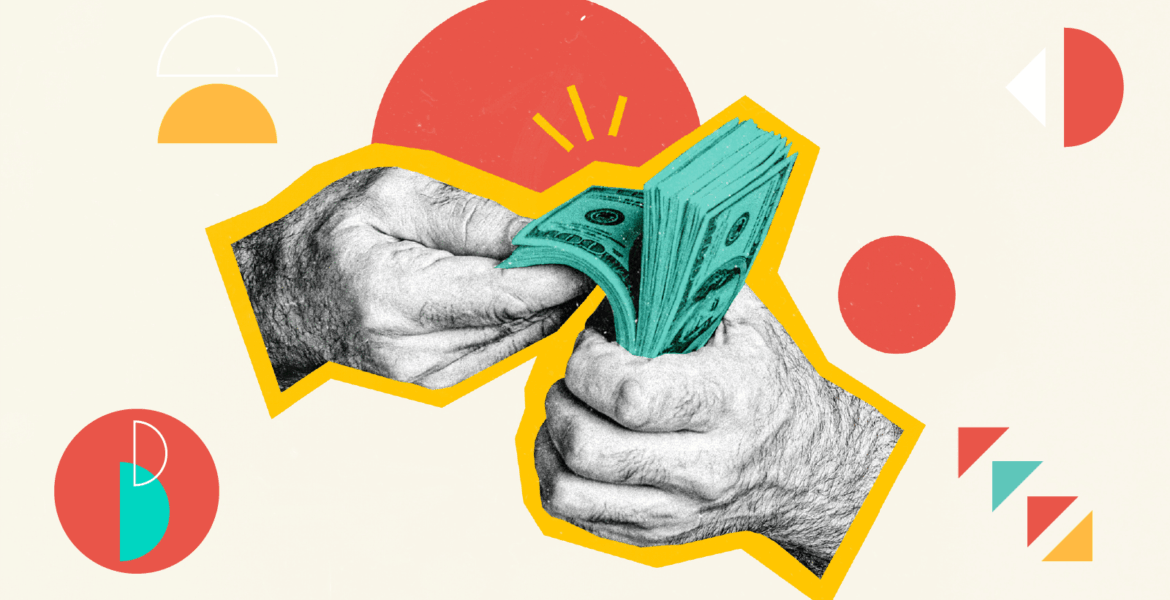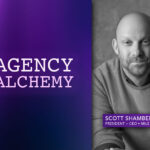By David Guy, founder, Guy & Co
In theory, the rules of marketing are the same for everyone.
But the frustrating reality is big brands have significant advantages: bigger budgets; broader distribution; decades of brand equity. If you can’t compete with that – you need to think about changing the rules.
Unfair Advantage
What you need is an unfair advantage. Coined in the late 60’s by advertising legend Bill Bernbach, who said “It may well be that creativity is the last unfair advantage we’re legally allowed to take over our competitors”.
As a young Account Director in the late 90’s doing on-pack and in-store activation for the Tango Orange, Blackcurrant and Apple brands, I saw the results of positively shocking and quite incredible advertising work that Britvic and HHCL delivered firsthand. British comedic irreverence bundled into tasty ads that rebelliously slapped the polished tropes of US rivals. Ray berating Sebastian on Blackcurrant Tango. Tango Orange outselling Fanta – quite unfair given how much the big guys were spending – and we loved it.
Fast forward a few decades and we’re helping Fray Bentos find an unfair advantage – it’s an iconic brand steeped with nostalgia but ready for a new generation of consumers. We used a content creating Brit to do the job – John Fisher (a.k.a Big John/the Boshfather) for our ‘Bish Bash Bentos’ campaign, leveraging the synergies between his 1.2m+ ‘bosh army’ and Fray Bentos’s nostalgic memory cues in an authentic and cost-effective advertising campaign.
We all know markets and media spaces are fiercely competitive and budgets are under the cosh. So, we don’t believe in only instinct to land unfair ideas.
They have to be earned – through rigor, platforming insight, and what we call bravely effective creative decisions designed to deliver disproportionate returns.
It starts off slow(ish)
Unfair advantage doesn’t come from gimmicks. And it definitely doesn’t come from chasing the same trends as everyone else. It starts with asking the tough questions: what’s the real problem we are trying to solve here? What’s the gold in the brand’s locker? What does success really look like? Questions that set a clear runway for ideas with purpose and power.
You need to dig into the messy reality of your company, your competitors, your customers, and the cultural context around you. Somewhere there is a tension, and if you find it, that’s usually where the best ideas live.
That initial strategic thinking is about setting up creative to win. With it, a brand can create the kind of edge that feels – and performs – unfair.
Just enough testing
If strategy shows you where to play, beta testing creative can build confidence to actually do the idea less expected.
Far too often, campaigns get signed off because they feel right in the room. Trouble is, what feels right internally doesn’t always land externally. Opinions dominate, subjectivity creeps in, and work goes live on hope rather than evidence.
The key is ‘just enough’ testing with real audiences, and to measure more than just whether people “like” the work. We use two pillars: meaningfulness and uniqueness. Meaningfulness asks whether the idea motivates action. Uniqueness asks whether it feels fresh. Put them together with some clever formulas, and you can predict whether an idea has the power to drive results.
It’s the kind of system thinking I learned working on early-stage innovation projects – where the goal was always to build confidence, reduce risk and improve success rates –at pace and not blowing budgets.
Outthinking not outspending
For every category, we have different success benchmarks that ideas must meet in testing to pass our confidence criteria.
And it’s not limited to FMCG. The same pattern holds across categories – B2C or B2B, global or regional. The need is identical: to create and engineer an unfair advantage to outperform the competition.
Some brands will always enjoy the so-called fair advantages of scale or budget, but I’ve always loved it where the challenger smashes it by outthinking rather than outspending. The ones willing to take the unfair route and tilt the game in their favour. And when you figure that out, the win is always that bit sweeter.











